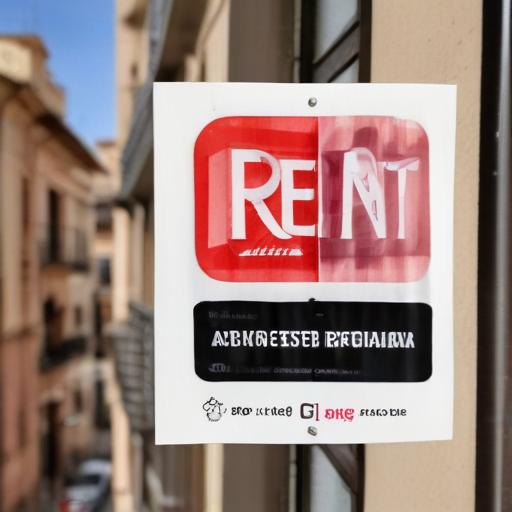Spain has initiated a significant crackdown on the growing number of Airbnb properties within its borders, demanding the removal of over 65,000 holiday rental listings. This decision comes from the consumer rights ministry, which has cited concerns such as missing license numbers, unclear ownership records, and inconsistencies between listings and official documentation.
Amid an escalating housing affordability crisis, many Spaniards are protesting against skyrocketing rents and home prices, attributing some of these issues to the rise of short-term rentals, particularly in popular cities like Madrid and Barcelona. The Spanish government is responding to these protests by increasing regulation of the short-term rental market.
Last year, the city of Barcelona announced a strategic plan to eliminate all 10,000 licensed short-term rental apartments by 2028, prioritizing housing availability for local residents. The recent action by the government extends to numerous regions, targeting listings in Madrid, Andalusia, and Catalonia.
Consumer Minister Pablo Bustinduy emphasized the need to address the pervasive lack of regulation and legality in the short-term rental market, insisting, “No more excuses. Enough with protecting those who make a business out of the right to housing in our country.” Housing has become a pressing concern in Spain, particularly since construction has not kept pace with demand following the bursting of a housing bubble over 15 years ago.
As of last November, approximately 321,000 homes in Spain had received holiday rental licenses, representing a 15% increase from 2020. However, it is crucial to note that many additional properties operate without valid licenses. The ministry launched an investigation into Airbnb in December, underscoring their active efforts to regulate the industry better.
Airbnb has responded to these developments, stating that it encourages hosts to ensure compliance with local rules and that the ministry has not provided adequate information regarding non-compliant accommodations. The company further argues that it is primarily a digital platform and should not be classified as a real estate entity.
This crackdown on Airbnb listings represents a concerted effort by the Spanish government to combat the housing crisis, signaling a broader regulatory trend aimed at ensuring housing accessibility for residents in high-demand areas. As the situation evolves, it will be essential to balance the interests of tourists and long-term residents within Spain’s housing market.
